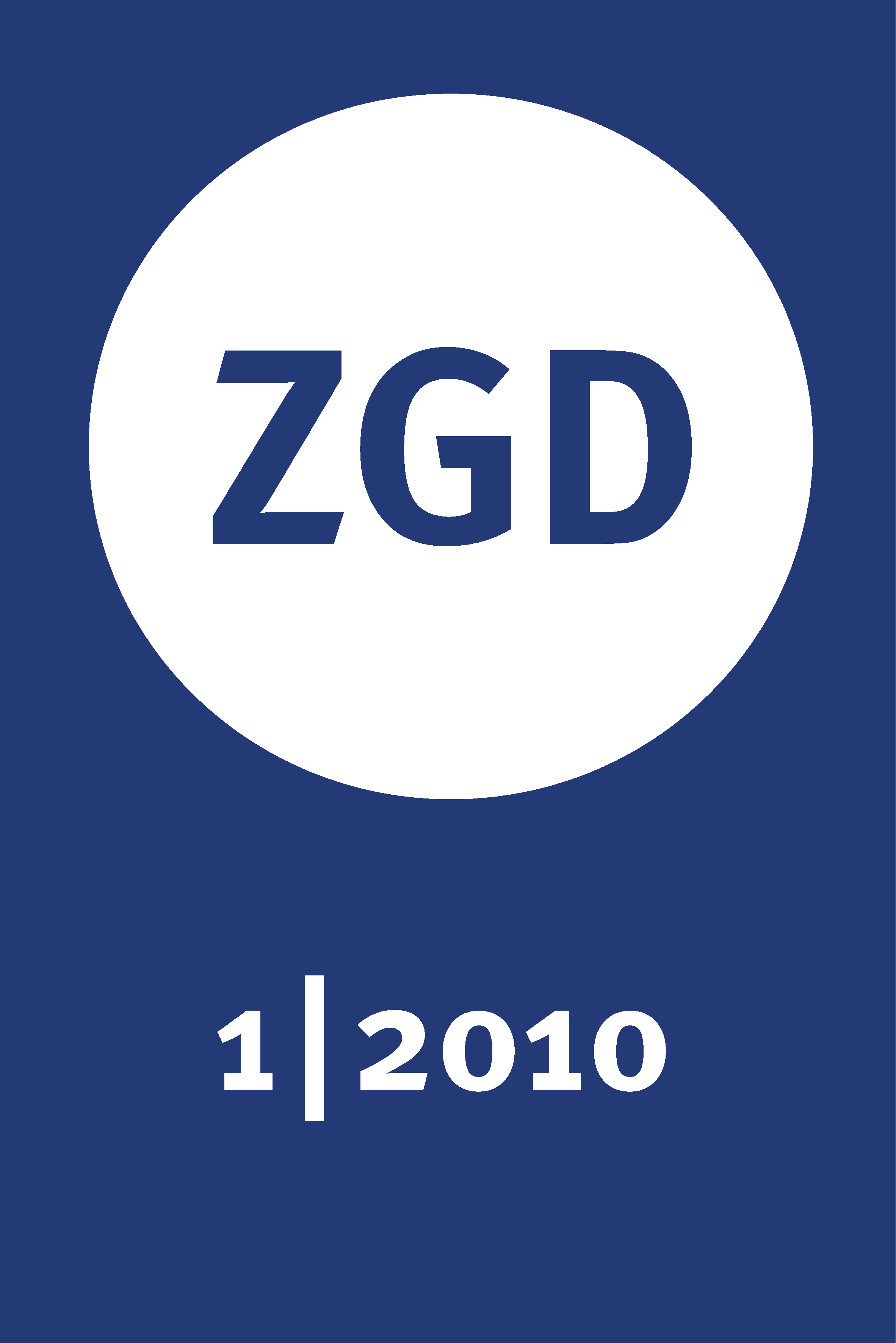Warum will ich Geographielehrer werden? Berufswahlmotive und fachspezifisches Interesse von Lehramtsstudierenden der Geographie in Gießen und Łódź – ein Vergleich
DOI:
https://doi.org/10.18452/25494Schlagworte:
motives of vocational choice, interest, intrinsic motivation, education students, geography, Łódź, GiessenAbstract
A variety of surveys concerning the question why individuals decide to enter into the teacher profession have been carried out so far. Thus, a weakness of these empirical studies from the point of view of geography education is that interest in the subject itself as a frequently given motive for becoming a teacher, has not been measured variably enough. On the basis of Urhahne's research (2006) in the field of Biology education, the aim of this study investigating the subject Geography was to determine possible correlations between extrinsic and intrinsic motives of choice for the course of studies and subject-specific interests. For this reason 312 Geography education students at the University of Gießen (Germany) and 118 Geography education students at the University of Łódź (Poland) have been interviewed by means of a standardized questionnaire. With the help of explorative factor analysis intrinsic as well as extrinsic motivation scales have been calculated for both samples. As a result a number of significant variations with regard to the weights of individual motives or interests of both samples could be identified. Whereas (on the one hand) students in Gießen mentioned pedagogical motivation as the most significant intrinsic motive, (on the other hand) the students in Łódź named subject-specific interest. Moreover, at least part of the results of Urhahne's study have been confirmed: intrinsic motives correlate merely mildly to moderately with the subject-specific interests, whereas (additionally) differences according to the location can be determined.
Downloads
Veröffentlicht
Zitationsvorschlag
Ausgabe
Rubrik
Lizenz
Copyright (c) 2022 Zeitschrift für Geographiedidaktik - ZGD

Dieses Werk steht unter der Lizenz Creative Commons Namensnennung - Nicht-kommerziell - Keine Bearbeitungen 4.0 International.







